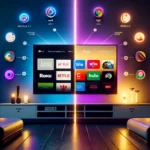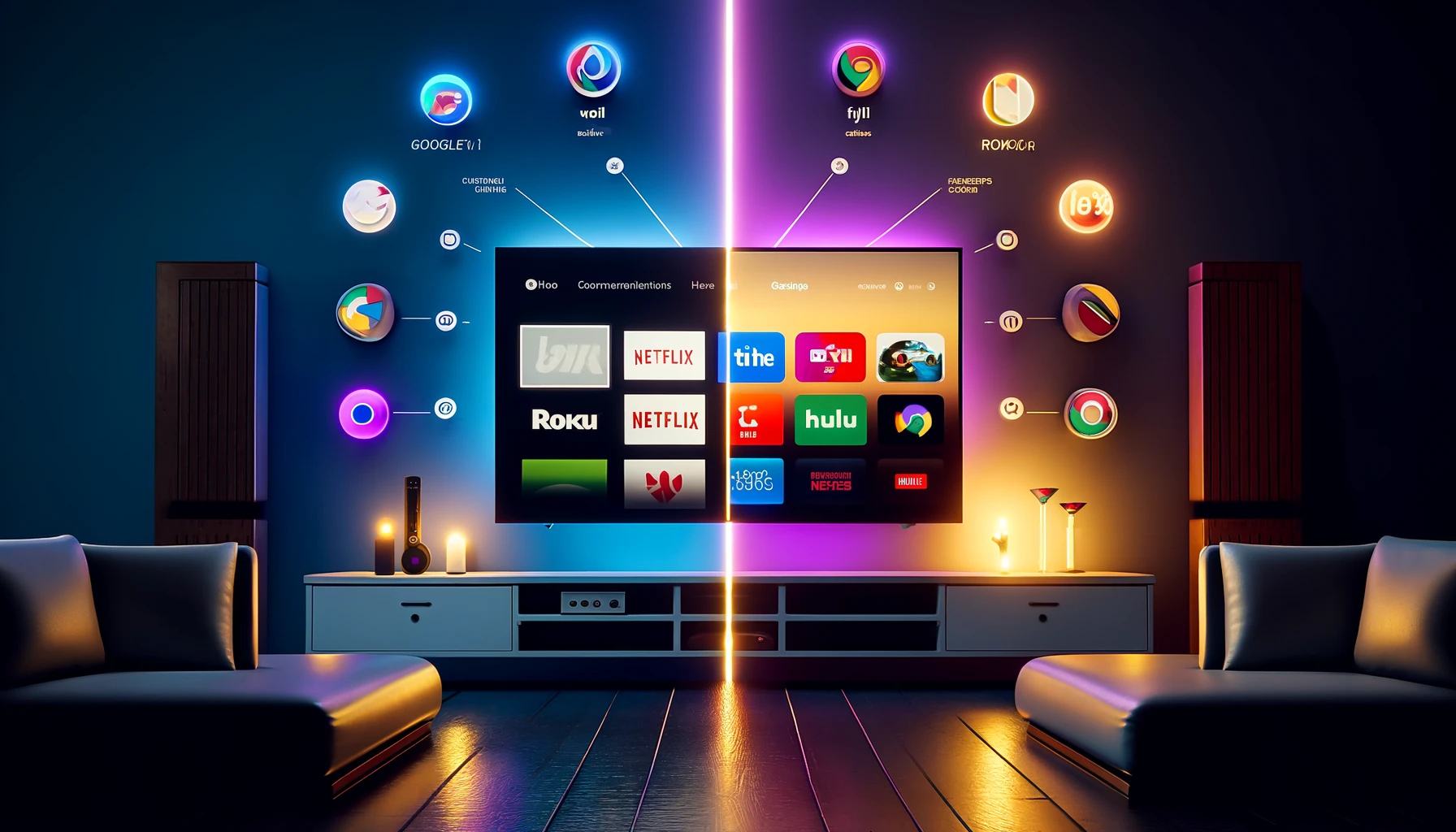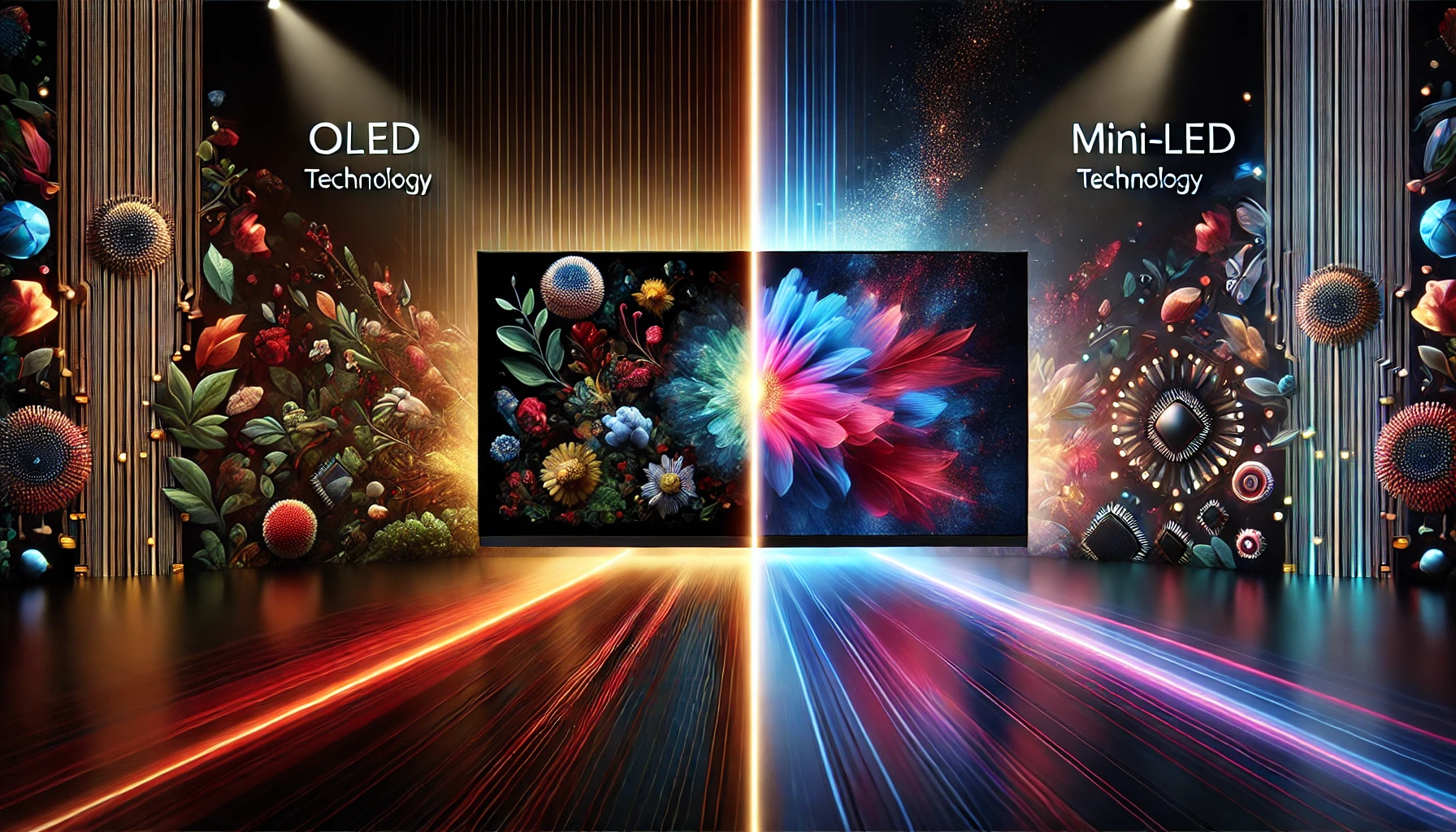When considering TVs versus projectors for home theaters, several factors come into play. TVs offer superior picture quality, smart features, and ease of use, making them ideal for small to medium spaces with ambient light. Conversely, projectors provide a cinematic experience with large images, making them perfect for larger rooms and dedicated home theaters. However, installation flexibility, space, and budget are key considerations. Projectors may require additional expenses for screens and maintenance, while TVs generally demand less upkeep. For those seeking immersive viewing options, understanding these nuances will enhance your choice of display technology.
Key Takeaways
- Image Quality: Projectors provide larger images for a cinematic experience, while TVs offer sharper details with higher resolutions, especially for HD content.
- Space Requirements: Projectors are best suited for larger, darker rooms, whereas TVs are more versatile for smaller spaces with ambient light.
- Cost Considerations: Projectors have lower initial costs but may incur extra expenses for screens and maintenance, while TVs offer straightforward pricing with minimal upkeep.
- Installation Flexibility: Projectors allow for various installation setups, but TVs offer easier mounting options, making them user-friendly in diverse room layouts.
- Best Use Cases: Projectors excel in dedicated home theaters and outdoor screenings, while TVs are ideal for daily viewing and gaming in well-lit environments.
Key Features of TVs

When considering home theater options, understanding the key features of televisions is essential for making an informed decision. One of the most vital aspects to evaluate is screen resolution, which greatly affects picture quality. Modern televisions offer a range of resolutions, including Full HD (1080p), 4K (2160p), and even 8K. A higher resolution provides sharper images and enhanced detail, making it ideal for immersive viewing experiences, particularly when watching high-definition content.
Additionally, smart features have become a standard in contemporary TVs, transforming them into multifunctional devices. These features allow users to access streaming services, browse the internet, and utilize various applications directly from their television. Smart TVs often come equipped with voice control, enabling seamless interaction and personalization. This convenience is essential for creating a user-friendly home theater environment.
Advantages of Projectors
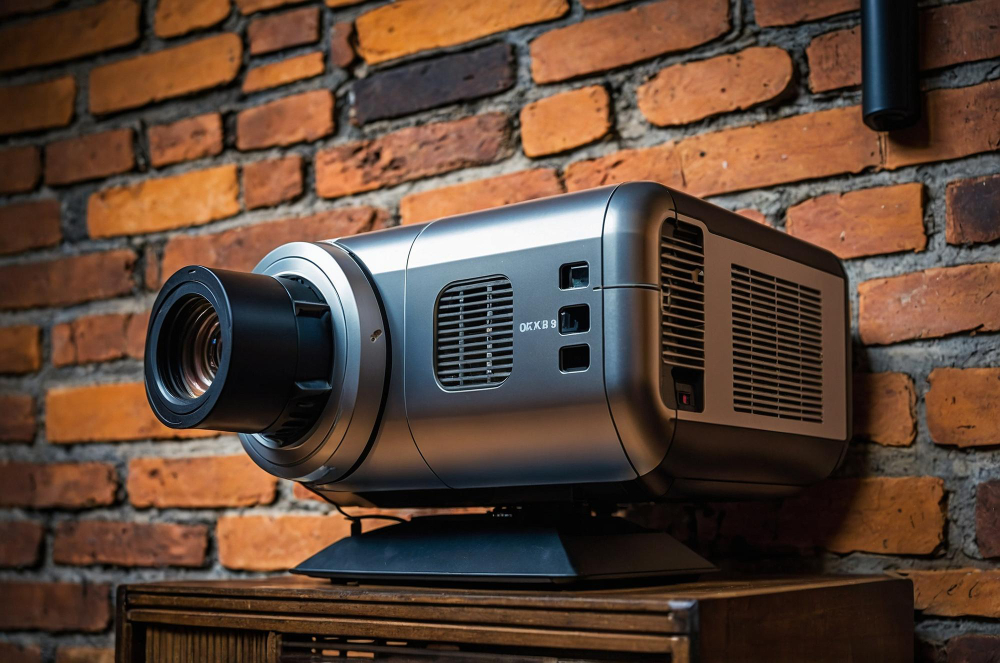
Projectors offer a unique set of advantages that can greatly enhance the home theater experience. One of the most compelling benefits is their superior image quality, particularly in larger formats. High-end projectors can deliver stunning, large-scale visuals that immerse viewers in the content, making every movie night feel like a cinematic experience. With the ability to project images up to 300 inches or more, projectors create a sense of grandeur that traditional TVs often struggle to match.
Moreover, installation flexibility is a significant advantage of projectors. They can be mounted on ceilings or set up on tables, allowing for various configurations to suit different room layouts. This flexibility enables homeowners to place the projector at a prime distance from the screen, maximizing image quality while accommodating unique spatial constraints. In addition, many projectors come equipped with keystone correction and lens shift features, allowing for precise adjustments even in challenging environments.
Space Considerations
The choice between televisions and projectors for home theaters often hinges on space considerations. Analyzing your room dimensions and the preferred viewing distance is vital in making an informed decision. Here are some key points to take into account:
- Room Size: Larger rooms may benefit from projectors, allowing for bigger images without sacrificing quality, while smaller spaces could limit projector effectiveness due to light issues and throw distance.
- Viewing Distance: Ideal viewing distance varies between televisions and projectors. A larger screen may necessitate a greater distance for projectors, while TVs can provide an engaging experience at closer range.
- Screen Positioning: Projectors require a specific setup, including a suitable wall or screen and potential ceiling mounts, which can be a challenge in limited spaces. Conversely, TVs can be wall-mounted or placed on stands, providing more flexibility.
- Ambient Light: Reflect on how natural light affects your viewing experience. Projectors typically perform better in darker environments, whereas TVs can accommodate well-lit spaces.
Ultimately, evaluating your specific room dimensions and viewing distance will help determine whether a television or projector is the best fit for your home theater setup.
Cost Comparison
A thorough cost comparison between televisions and projectors reveals significant differences that can influence the purchasing decision for a home theater. When conducting a price analysis, televisions generally present a higher upfront cost, particularly for larger models. A high-quality 65-inch 4K TV can range from $800 to $3,000, depending on brand and features. In contrast, projectors can offer more budget options, especially for larger screen sizes. A decent projector can be purchased for as little as $400, but additional expenses for a quality screen, mounting, and installation must be considered.
Long-term costs also play an essential role. While televisions boast longevity with minimal maintenance, projectors may require bulb replacements after several thousand hours of use, adding to the overall expenditure. However, projectors typically consume less power, which might result in lower electricity bills over time.
Ultimately, the choice between a TV and a projector will depend on individual budget constraints and preferences for viewing experience. By carefully weighing the initial investment against ongoing costs, consumers can make an informed decision that aligns with their home theater aspirations.
Best Use Cases
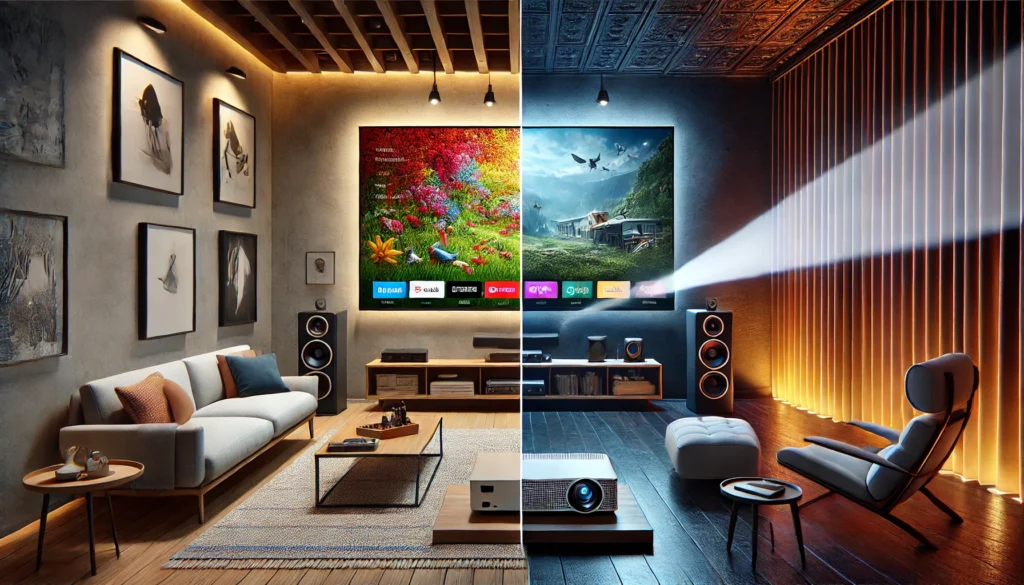
Choosing between televisions and projectors extends beyond mere cost considerations; it also involves evaluating the specific use cases that each technology best serves. Understanding these scenarios can greatly enhance your viewing experiences, ensuring you select the right option for your home theater setup.
Television is typically better suited for environments where ambient light cannot be controlled, such as:
- Daily viewing: Ideal for watching news, sports, or regular television shows.
- Gaming: Provides immediate response times and high refresh rates for competitive play.
- Small to medium rooms: Perfect for spaces where screen size can be comfortably managed.
Conversely, projectors excel in settings that allow for complete control over lighting and larger screen requirements:
- Home cinema: Best for immersive movie-watching experiences with a large screen.
- Outdoor screenings: Offers flexibility for gatherings or parties in spacious areas.
- Presentation uses: Effective in conference rooms or educational environments for larger audiences.
- Dedicated theater rooms: Creates a cinematic atmosphere that enhances the overall experience.
Frequently Asked Questions
How Do TVS and Projectors Differ in Image Quality?
Image quality differs markedly between TVs and projectors, with TVs typically offering superior color accuracy and higher brightness levels. This results in vibrant, clear images suitable for various lighting conditions, enhancing the overall viewing experience.
Which Option Is Better for Daytime Viewing?
For daytime viewing, televisions generally outperform projectors due to superior daylight performance and enhanced brightness capabilities. Projectors often struggle with ambient light, resulting in diminished image clarity and color vibrancy, making TVs the more suitable choice.
Can Projectors Be Used for Gaming?
Projectors can indeed be utilized for gaming, provided they offer low input lag and suitable resolution options. Selecting a high-quality projector guarantees an immersive experience, maximizing visual clarity and responsiveness for a top-notch gaming performance.
What Maintenance Do TVS and Projectors Require?
Maintenance for TVs and projectors involves essential tasks like regular screen cleaning to guarantee ideal image quality. Additionally, projectors require periodic lamp replacement, while TVs may need firmware updates and occasional cleaning of internal components for longevity.
How Do Sound Systems Compare Between the Two?
When it comes to audio performance, the devil is in the details. TVs typically offer superior sound clarity due to integrated speakers, while projectors often require external sound systems for enhanced audio experiences, impacting overall performance.
Conclusion
In evaluating the ideal choice between TVs and projectors for home theaters, it becomes evident that both options carry distinct advantages and limitations. While TVs offer superior brightness and clarity in smaller spaces, projectors excel in providing a cinematic experience in larger environments. The decision ultimately hinges on specific needs, budget constraints, and intended use. Understanding these factors leads to a more informed selection, ensuring an immersive viewing experience tailored to individual preferences and circumstances.



